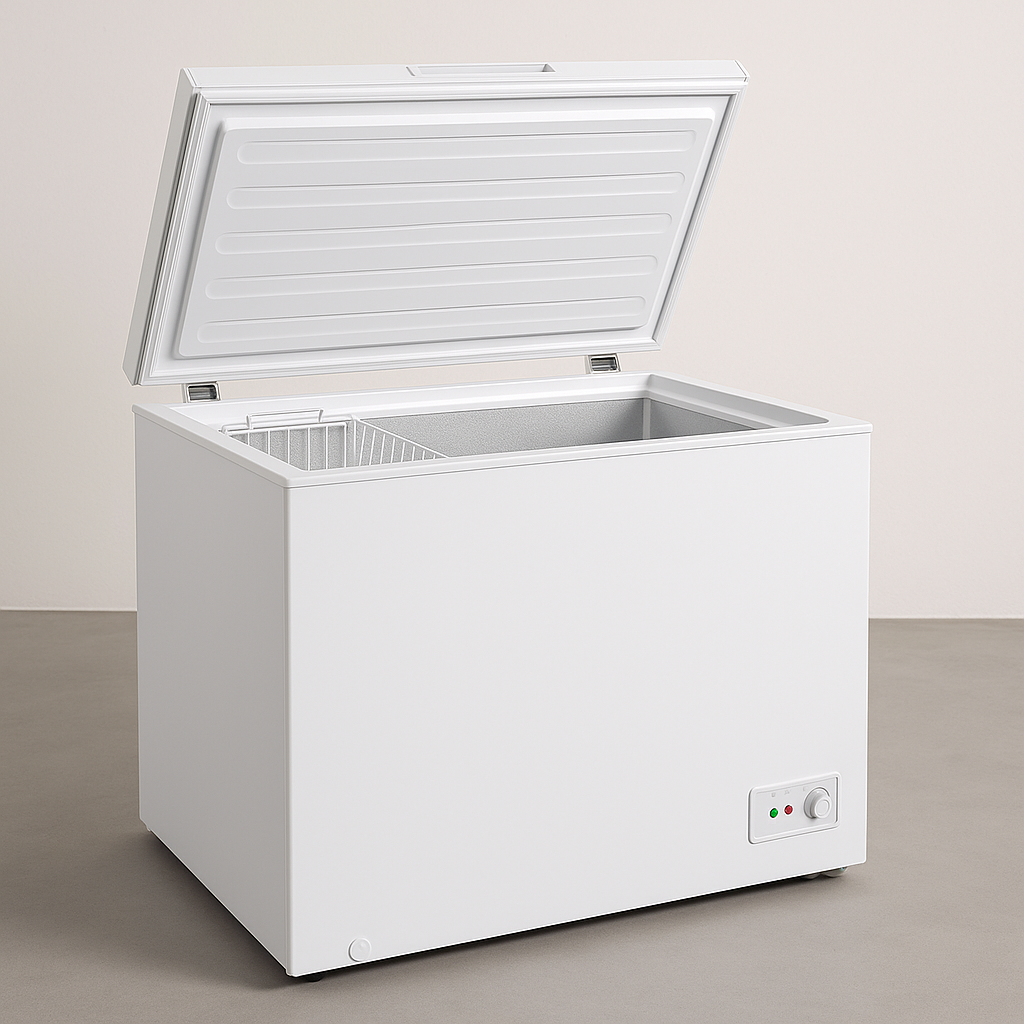10 Things Your Competitors Can Teach You About Small Freezer

The Small Freezer: A Comprehensive Guide for Homeowners
As the cooking world evolves and homes become increasingly busy, efficient food storage solutions have gotten appeal. Amongst these, small freezers stick out for their adaptability and practicality. This blog post digs into the ins and outs of small freezers, exploring their advantages, types, purchasing considerations, and a lot more.
What is a Small Freezer?
A small freezer, typically described as a chest or upright freezer, is a compact appliance designed to save food products at ultra-low temperatures. These models are ideal for people or households with minimal space who still wish to protect food for longer periods, offer bulk cooking options, or make the most of sales and seasonal fruit and vegetables.
Benefits of Small Freezers
Small freezers offer many benefits that make them an appealing addition to many homes. Here are a few of the most noteworthy benefits:
- Convenient Food Storage: With a small freezer, users can keep leftovers, pre-prepared meals, and bulk items easily, lowering food waste.
- Energy Efficient: Small freezers typically utilize less energy compared to larger models, making them an economical option over time.
- Space-Saving: Their compact design implies they can fit into tight areas, like kitchen areas, garages, or basements.
- Food Preservation: Small freezers help maintain the quality of food long-lasting, permitting seasonal stocking.
- Quick Access: Many small freezers have arranged compartments, making sure easy access to food items without the need for rummaging.
Kinds Of Small Freezers
While small freezers all serve the very same primary function, they are available in different types to fit various needs. Here's a breakdown of the most typical types:
| Freezer Type | Description | Ideal for |
|---|---|---|
| Chest Freezer | A bigger opening at the top, these are deep and wide, supplying ample storage area. | Families with bulk storage needs |
| Upright Freezer | Vertical style, looking like a refrigerator, with racks for better organization. | Restricted area and arranged storage |
| Portable Freezer | Compact and lightweight, these freezers can be moved quickly. | Camps, road trips, small kitchens |
| Drawer Freezer | Built-in or standalone, these slide out like drawers for easy access. | Cooking area style lovers, small spaces |
Choosing the Right Small Freezer
Before buying a small freezer, it's vital to consider numerous crucial factors to ensure that it fits your needs completely.
1. Size and Capacity
Determining how much storage you require is essential. Carefully consider your space and just how much food you normally keep. Utilize the following table as a recommendation:
| Household Size | Suggested Freezer Capacity |
|---|---|
| 1-2 People | 5 - 10 cu. ft. |
| 3-4 People | 10 - 15 cu. ft. |
| 5+ People | 15 - 20 cu. ft. |
2. Energy Efficiency
Constantly check the energy rating of the freezer. Units with greater energy efficiency rankings can save considerable money in time. Look for designs with the ENERGY STAR accreditation.
3. Area and Accessibility
Consider where you prepare to position your small freezer. For smaller designs, like portable ones, a garage or energy space might be enough. While chest freezers might require more area, they are typically more effective for storage requirements.
4. Features
Examine which added functions are very important to you, consisting of:
- Adjustable Shelving: Allows for personalization based upon your storage needs.
- Temperature level Controls: Digital manages offer precision in maintaining temperatures.
- Frost-Free Operation: Reduces maintenance and the need for manual defrosting.
5. Brand and Warranty
Research study different brand names and their respective warranties. Developed brand names are frequently a much safer long-term financial investment than generic alternatives.
Frequently Asked Questions About Small Freezers
1. How long can food be stored in a small freezer?
Most food can be safely saved in a small freezer for several months to a year, depending upon the type. For instance:
- Meat: 4-12 months
- Veggies: 8-12 months
- Baked goods: 2-6 months
2. Can I put a freezer in my garage?
Yes, however guarantee the garage is temperature-controlled. Extreme variations can impede the freezer's efficiency.
3. Do small freezers use a lot of electrical energy?
Typically, small freezers consume in between 200 and 600 kWh each year. Select an energy-efficient design to reduce costs.
4. How typically should I defrost my small freezer?
If it's not frost-free, you must thaw it whenever the frost buildup exceeds a quarter-inch.
5. Can Gefrierschrank Energieeffizienzklasse C keep food in plastic containers?
Yes, using airtight plastic containers can help keep food fresh and safe from freezer burn.
Buying a small freezer can cause boosted food storage ability, convenience, and sustainability. By understanding the various types, their benefits, and key factors to consider, homeowners can make informed choices that fit their needs. Small freezers are a game-changer for anyone wanting to maintain food quality and reduce waste, making them an important device in contemporary kitchen areas.

